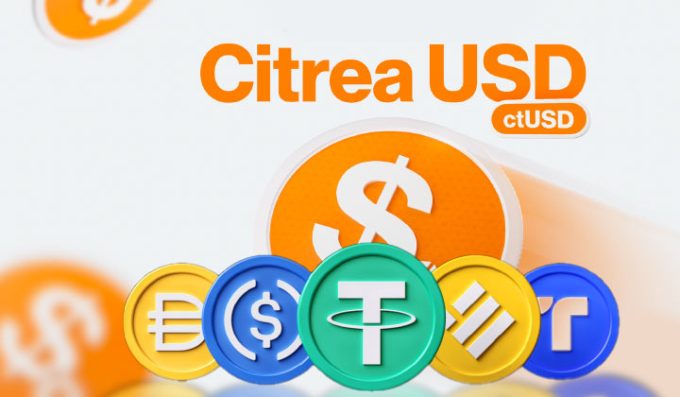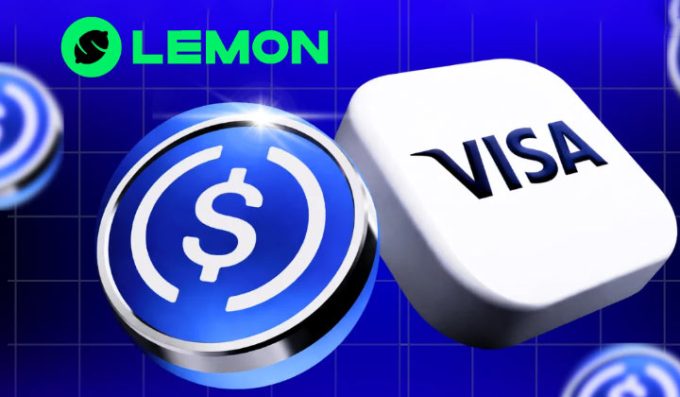By Shikha Singh
OKX Becomes First Global Exchange to Receive Pre-Authorization for MiCA Compliance.
OKX has secured pre-authorization for compliance with the EU’s Markets in Crypto-Assets (MiCA) regulation, a key step in its European expansion.
This pre-authorization allows the platform to support 260 trading pairs and serve over 400 million users across the continent.
The move aligns with OKX’s strategy to maintain compliance in the highly regulated European market. MiCA, which came into effect in June 2023, provides a unified regulatory framework for cryptocurrency firms in the EU, replacing the previous patchwork of regulations.
OKX chose Malta as its European hub due to its strong regulatory framework and tech infrastructure.
Worldchain integrates Chainlink CCIP Technology.
Worldchain has integrated Chainlink’s decentralized oracles and Cross-Chain Interoperability Protocol (CCIP) to enhance blockchain connectivity and improve cross-chain communication.
This collaboration helps overcome the barriers between different blockchain networks, making transactions faster, more secure, and more efficient.
Users can now manage resources across multiple blockchains with greater ease, while businesses can build multi-chain decentralized applications (dApps) to tap into larger markets.
The integration boosts security and transparency by using Chainlink’s global network of nodes to verify and transmit data reliably, setting a new standard for cross-chain interoperability and promoting a more integrated blockchain ecosystem.
Vine Founder Launches Memecoin Amidst Elon Musk Acquisition Rumors.
Solana’s meme economy is experiencing a surge, driven by the launch of memecoins like $TRUMP and $VINE, which have captivated DeFi traders.
$VINE, launched by Vine’s founder Rus, saw its market cap soar to $500 million and over $1 billion in trading volume after a two-year hiatus.
Rus committed to locking the dev wallet’s $VINE tokens until April 20, adding excitement to the coin’s future.
The surge coincides with Elon Musk hinting at the return of Vine, which fueled further interest. Meanwhile, Solana’s decentralized exchange (DEX) volume has shattered records, reaching over $12 billion in daily trading and surpassing $200 billion in monthly volume, potentially on track to hit $300 billion by the end of January, marking a historic DeFi milestone.
Bybit Launches Bybit Pay, a New Payment Platform.
Bybit, the second-largest cryptocurrency exchange by trading volume, has launched Bybit Pay, a new payment platform aimed at bridging traditional finance (TradFi) and digital finance.
Bybit Pay integrates fiat and cryptocurrency payments into a unified solution for websites, mobile apps, and point-of-sale systems.
The platform offers faster, secure, and cost-efficient payment options for online, in-store, and cross-border transactions.
Bybit aims to foster global growth, innovation, and financial inclusion by helping businesses meet the demand for digital financial services. It also invites businesses to join its ecosystem, promising benefits like reduced costs, increased revenue, and faster payments for customers.
Rune Drops 30% as THORChain Suspends THORFi Operations Amid ‘Restructuring’ Efforts.
THORChain has paused its THORFi services due to financial uncertainties and allegations of insolvency, initiating a 90-day restructuring plan to address issues with its “Savers and Lending” programs, which have accumulated significant unserviceable debt.
While trading remains active, lending operations are halted to prevent further destabilization.
The pause follows concerns over a shortage of bitcoin reserves in THORFi lending pools, triggered by substantial borrowings made when bitcoin prices were lower.
This situation has led to fears of insolvency and potential market collapses similar to the Terra/Luna crash in 2022.
THORChain’s native token, Rune, has dropped 30% in value. The community and validators are exploring proposals for an economic redesign to stabilize the network.
Circle Launches Paymaster.
Circle Paymaster, now live on Arbitrum and Base, allows users to pay gas fees in USDC instead of native tokens like ETH, simplifying the transaction process.
This solution eliminates the need for users to hold or manage multiple tokens across blockchains, making transactions smoother.
Paymaster handles gas fees in native tokens, ensuring successful transactions, while the recipient receives USDC.
It’s also developer-friendly, offering easy integration, scalability, and permissionless usage with ERC-4337-compatible wallets. This innovation provides a more efficient and user-friendly experience for both individuals and institutions.
You need to login in order to Like













